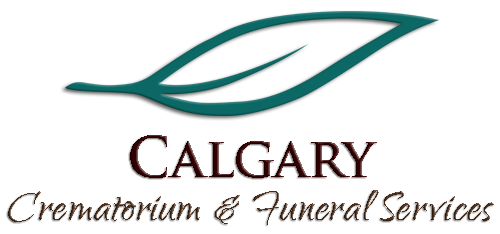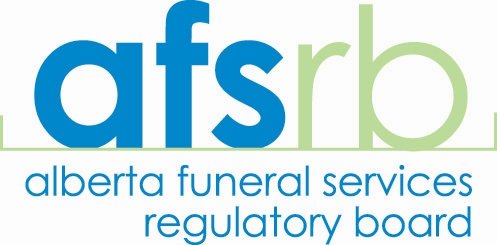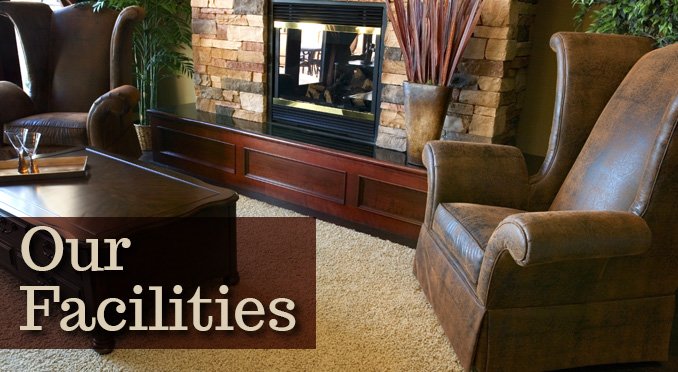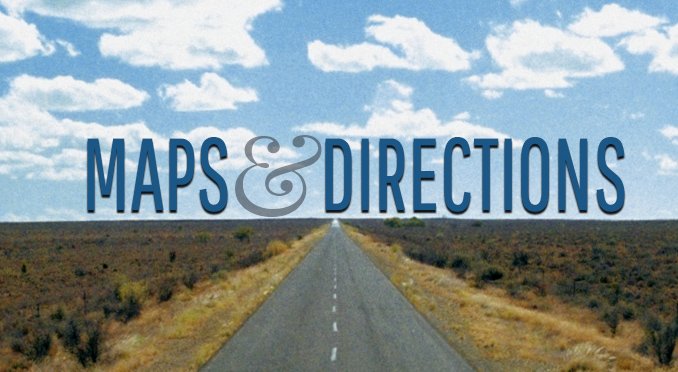

Frequently Asked Questions about Cremation
How much does it cost for a cremation?
There are many options available when cremation takes places. Costs will vary depending on the type of service that is chosen. Cremation can occur following a funeral service, or following a visitation, prayer service or informal gathering. Cremation can also occur prior to a Memorial Service.
What is involved with cremation – can it be done right away?
Cremation is a form of final disposition for your loved one. There are many options for the final disposition of the urn that will hold the cremated remains.
With cremation there are legal requirements and documents that need to be completed. Once all of this documentation is in order the cremation will take place, usually within 2 – 5 days. The funeral home will look after these necessary requirements. Public or private services can be held before or after cremation.
Can I see my loved one before they are cremated?
Yes, at the time of the funeral arrangements, the family will be advised that a private or public viewing may be set for those wishing to pay respects before the cremation takes place.
Is it really necessary for myself, or others, to view the body of my loved one?
We do have a policy that requires identification by a family member or friend prior to cremation. This ensures peace of mind for the family that it is indeed their loved one and the cremation container they have chosen.
Why do we have to provide clothing when he’s going to be cremated?
We ask that you bring in a full set of clothing, including undergarments, as this provides dignity to your loved one.
Do we need to have embalming if it is cremation?
Embalming is not required by law. Even though one chooses cremation, often families choose to view or have the body present at services prior to cremation and in this case we would recommend embalming the body.
Can I get a cremation without a service of any kind?
Yes, you can have a cremation take place and choose not to have a funeral or memorial service.
We are thinking of cremation. Can we have the casket present at the service?
For all services the casket may be present, allowing the opportunity for family and frineds to view if they wish.
Why is it necessary to purchase a cremation container AND an urn?
The Alberta Funeral Service Regulatory Board requires that your loved one be placed in a suitable enclosed container in order to be placed into the crematorium. This is done out of respect for the deceased as well as for safety of the crematorium operator.
It is also very important to select a suitable urn where the cremated remains can be safely held. You may want to put some thought into where the urn will be interred. We have many options available for you.
Do I have to get the cremated remains?
Yes, Funeral Homes are not a cemetery for the final disposition of an URN.
The recommended method of disposition is permanent placement of the cremated remains in a cemetery or columbarium. This allows families an opportunity to visit the site as the years go by, to remember and reflect. An Urn can also be kept at home or scattered in a cemetery scattering garden.
Cremated remains may not be scattered or otherwise disposed of in any public area or on private property without permission from the owner of the property. The Cemetery Act states: If the remains of a cremated body are not claimed within five years from the date of cremation and if the owner of the crematory/funeral home has been unable to arrange for disposition by a responsible relative of the deceased, the crematorium/funeral home may bury the remains at their discretion.
I don’t want the “ashes”, what am I supposed to do with them? Can’t you keep them or throw them away?
The “ashes” or cremated remains are human remains so the funeral home will not permanently keep them or throw them away. The funeral home can arrange for short term safekeeping until the family has decided on the final disposition.
There are many options to choose from when deciding final disposition for cremated remains. During funeral arrangements the Funeral Director can suggest several options to help with your decision.
I have read that ashes can be made into diamonds. Is that true?
If this is the family’s desire, we can assist you in making this timeless keepsake of your loved one. A portion of cremated remains will be required to have the diamond made.
There are also other jewelry options available that can hold cremated remains or a lock of hair.
What happens to the gold in the teeth during cremation?
Any gold from dental work or jewelry placed on your loved one for cremation melts during the cremation process and cannot be recovered.
Is it legal to scatter ashes?
If you want to scatter on private property, make sure you have the owner’s permission. Also be aware that it is illegal to scatter cremated remains in a water way that is located in a National Park.
Some cemeteries have scattering gardens as well.





